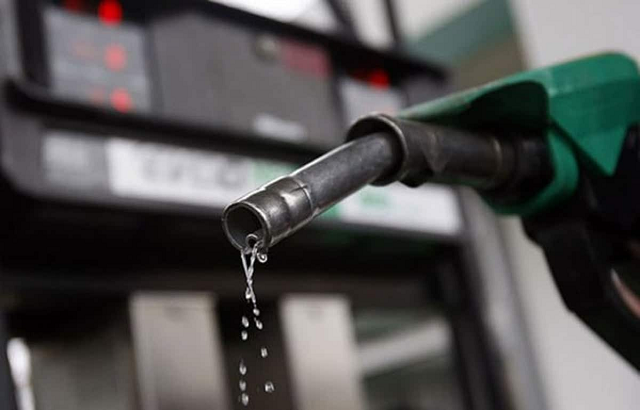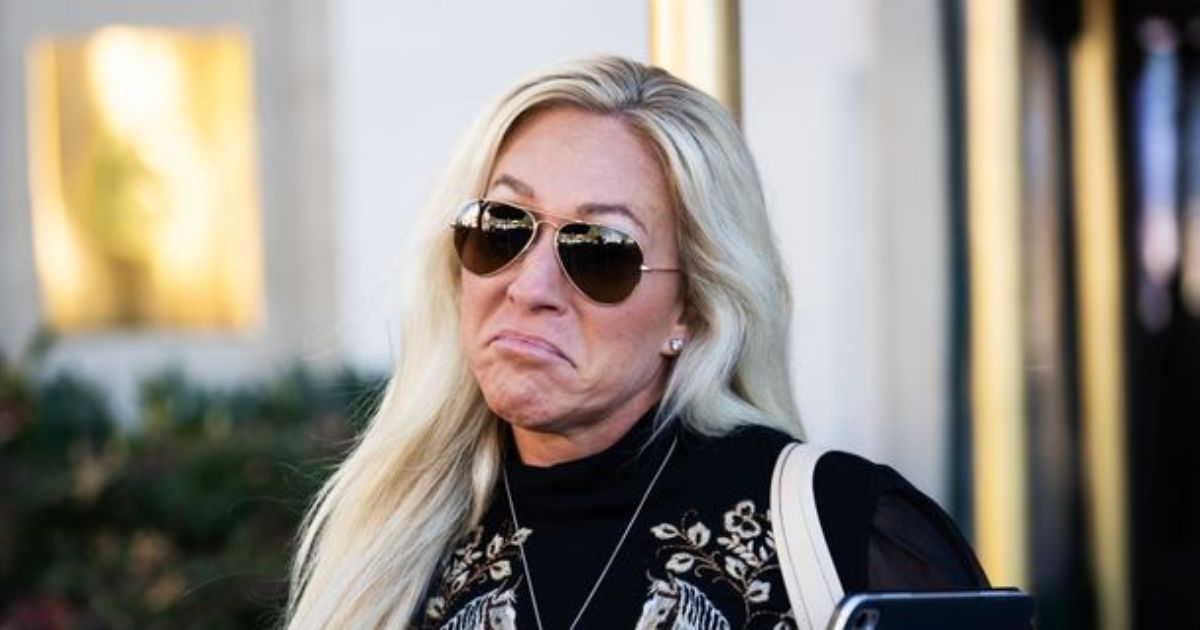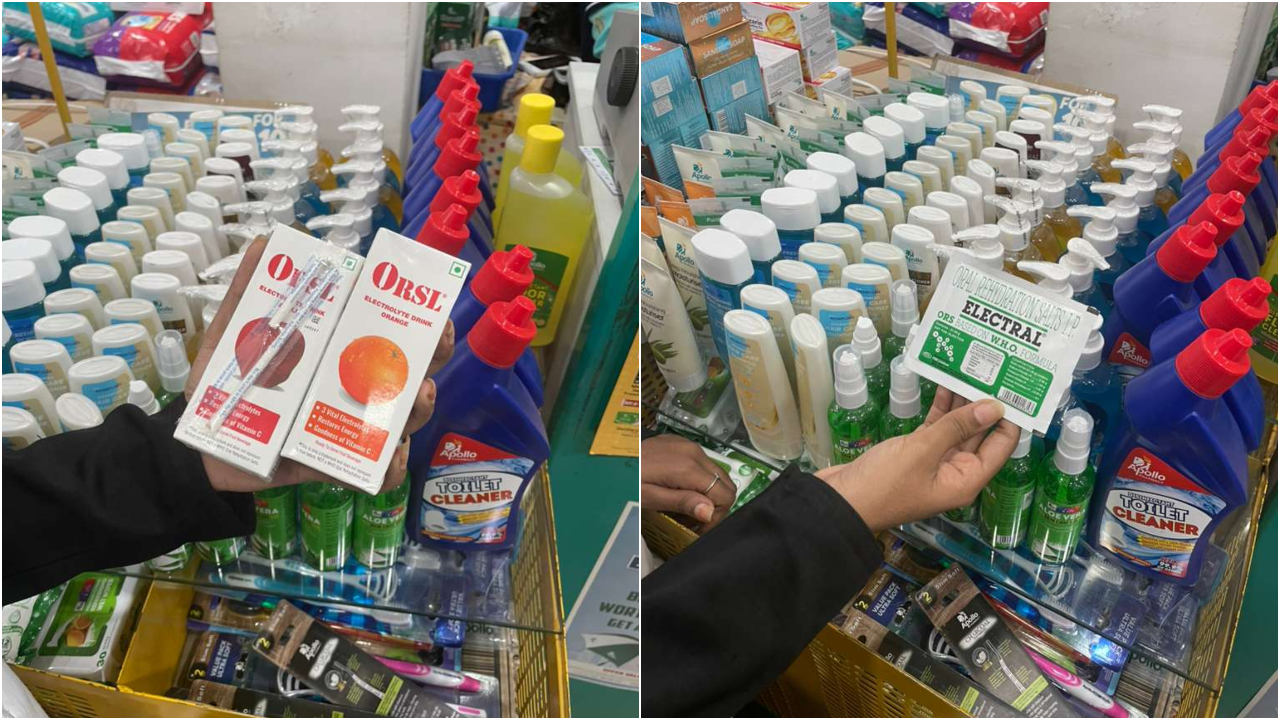Copyright bizwatchnigeria

Industry experts in the petroleum sector have raised alarms that the retail cost of Premium Motor Spirit, commonly known as petrol, might surpass N1,000 per liter after President Bola Tinubu endorsed a 15 percent ad valorem duty on imported fuels. This fresh directive, set to kick in after a 30-day grace period concluding around November 21, 2025, forms part of the administration’s efforts to safeguard domestic refineries and curb the flow of lower-priced foreign imports that could undermine investments in local production. Nevertheless, fuel distributors argue that the initiative might have unintended consequences, driving up costs to levels unaffordable for everyday citizens. In discussions via phone on Thursday, several storage facility managers, speaking anonymously due to the sensitivity of the issue, indicated that the policy could elevate petrol prices further from the current average of about N920 per liter across various regions. “Given the current situation, fuel costs could rise above N1,000 per liter. It’s unclear why the authorities would impose additional burdens on the public,” remarked one facility manager. A different manager noted, “Regrettably, certain importers are collaborating closely with Dangote, explaining the uniform price hikes we saw recently where everyone adjusted simultaneously. We’ll have to observe the next developments.” Yet another manager emphasized that absent a solid structure to balance market dynamics and promote equitable rivalry, the added import levy might spark further escalations in pricing and intensify the difficulties experienced by buyers. Hammed Fashola, who serves as the National Vice-President for the Independent Petroleum Marketers Association of Nigeria, concurred that the duty carries significant repercussions, potentially causing a spike in costs. Fashola explained that the measure presents advantages and drawbacks, noting it could deter imports while boosting homegrown refining operations. The association’s executive suggested that some industry players might view it as a chance to dominate the market in support of Dangote and select other facilities. “The addition of a 15 percent duty on brought-in fuel brings its own challenges. It could result in higher prices, and on the flip side, it might make importing less attractive if expenses climb too high. “However, it impacts the industry in both beneficial and harmful ways. From my perspective, the administration is aiming to shield local producers, yet this will create ripple effects since individuals might interpret it as favoring monopolization for specific entities. Simultaneously, the goal is to support those refining domestically.” That said, Fashola highlighted that if domestic producers fall short in delivering sufficient supplies to the home market, it might precipitate a shortage of fuel. “Should the home-based refiners underperform, there will be consequences. This could lead to shortages, leaving people without options. Thus, it encompasses both upsides and downsides. That’s my take on it,” he elaborated. Regarding alignment with the Petroleum Industry Act, Fashola commented, “I believe the authorities wouldn’t act beyond legal boundaries. They aim to avoid contravening the PIA. In general, most people want to witness our local facilities thriving and performing effectively, which benefits the national economy. I don’t see this conflicting with the PIA.” Offering guidance to domestic producers, particularly the Nigerian National Petroleum Company Limited, Fashola encouraged them to meet public expectations. He called for the restoration of the refineries in Port Harcourt, Warri, and Kaduna. “My recommendation, or rather my hope, is directed at the fresh leadership of NNPC: their current approach seems promising, and they need to accelerate by attracting funding to rejuvenate our facilities. If all NNPC plants become operational, it would address numerous issues. I’ve heard concerns about potential monopolies, but that won’t materialize. This extends to other independent operations like BUA; once they launch, I believe worries about dominance will fade. Competition between refineries will emerge, which is advantageous for everyone,” Fashola declared. In the meantime, Billy Gillis-Harry, the National President of the Petroleum Products Retail Outlet Owners Association of Nigeria, characterized the 15 percent duty as a mutually beneficial arrangement, pointing out that while it’s not entirely novel, it will undergo evaluation. “We anticipate that it could be reassessed eventually. Our focus remains on ensuring products are accessible and reasonably priced. We need to monitor these aspects closely. That’s the guidance from PETROAN right now. I urge Nigerians to understand that pursuing inexpensive fuel at the expense of pushing participants out of the market will lead to unavailability, causing prices to soar. “As things stand, all parties are engaging with Dangote, and we’re aware that Dangote alone can’t meet national needs. Therefore, a combination of sources is essential,” he supplemented. President Tinubu sanctioned the imposition of a 15 percent ad valorem import levy on petrol and diesel entering Nigeria. The goal is to defend local processing plants and maintain equilibrium in the downstream segment. A correspondence dated October 21, 2025, which surfaced publicly on October 30, 2025, was sent to the Attorney-General of the Federation and Minister of Justice, the Federal Inland Revenue Service, and the Nigerian Midstream and Downstream Petroleum Regulatory Authority. In it, Tinubu instructed the prompt rollout of the levy under what the administration termed a “responsive framework for import tariffs.” The document, bearing the signature of his Private Secretary, Damilotun Aderemi, and acquired by our reporter on Thursday, relayed the President’s endorsement after a submission from the Executive Chairman of the FIRS, Zacch Adedeji. The submission proposed applying a 15 percent charge on the cost, insurance, and freight valuation of imported petrol and diesel to harmonize import expenses with local market conditions. This levy stands apart from an extra 5 percent fee on both domestically made and imported fuels outlined in the upcoming tax legislation, effective from January 2026. In his communication to the President, Adedeji clarified that the action aligns with continuing reforms to enhance local processing, secure price consistency, and fortify the naira-denominated oil sector, consistent with the government’s Renewed Hope Agenda for securing energy and maintaining fiscal health. Based on estimates in the correspondence, the 15 percent import charge might elevate the arrival cost of petrol by roughly N99.72 per liter, using an average daily usage of 19.26 million liters as recorded in September 2025. This equates to an extra N1.92 billion in daily import expenditures and income for the state. The correspondence stated, “Based on existing CIF figures, this equates to an uptick of about N99.72 per liter, aligning imported arrival costs with domestic recovery levels without disrupting availability or excessively inflating end-user prices. Despite this change, projected pump rates in Lagos would hover around N964.72 per liter ($0.62), remaining well under regional benchmarks like Senegal ($1.76 per liter), Côte d’Ivoire ($1.52 per liter), and Ghana ($1.37 per liter).” It further specified that remittances should go into a specified Federal Government revenue repository overseen by the Nigeria Revenue Service, with authentication and approval supervised by the Nigerian Midstream and Downstream Petroleum Regulatory Authority. “The primary aim of this effort is to enable crude dealings in the national currency, bolster local processing abilities, and guarantee a consistent, cost-effective provision of petroleum goods throughout Nigeria,” Adedeji affirmed. The FIRS leader also cautioned that the existing discrepancy between home-refined items and import equivalence pricing has fostered market volatility. “Although local petrol refining is on the rise and diesel independence has been attained, pricing fluctuations continue, somewhat because of the mismatch between domestic processors and distributors,” he penned. He observed that import equivalence pricing, which serves as the standard for setting pump rates, frequently dips below recovery thresholds for local manufacturers, especially amid currency and shipping variations, straining nascent home-based refineries. Adedeji contended that the administration’s duty is dual: safeguarding consumers and home producers from inequitable pricing tactics and partnerships, while fostering an even arena for processors to recoup expenses and draw capital. He maintained that the updated tariff system would dissuade tariff-exempt fuel imports from eroding local manufacturers and cultivate a just and rivalrous downstream landscape. The directive arrives as Nigeria ramps up initiatives to lessen reliance on foreign petroleum goods and enhance internal refining. The Dangote Refinery in Lagos, with a capacity of 650,000 barrels daily, has initiated output of diesel and jet fuel, whereas smaller modular plants in Edo, Rivers, and Imo have begun limited petrol production. Yet, in spite of these advancements, petrol from abroad still constitutes as much as 69 percent of the country’s requirements over the 15-month span from August 2024 to October 10, 2025. The FIRS executive emphasized that the measure isn’t primarily for revenue but for rectification, designed to synchronize import expenses with local output truths and avert exempt imports from weakening emerging domestic refineries. “While home refining of PMS is increasing and diesel autonomy is realized, pricing inconsistencies linger,” the document noted. “Import equivalence stays the pricing gauge but often falls short of local producers’ recovery points, particularly during exchange and transport shifts.” It alerted that without intervention, such pricing imbalances could jeopardize the sustainability of local refining during a pivotal phase when financiers are re-entering after prolonged inactivity. The innovative structure, the paper continued, is projected to spur new funding in refining, warehousing, and distribution systems while assuring that domestic manufacturers and sellers compete fairly. The levy draws support from Sections 21 and 22 of the Petroleum Industry Act, granting the NMDPRA authority to enforce public duties on permit holders to advance national energy safety and growth. Per Section 3(4) of the PIA, the President can also deliver policy instructions to the overseer to apply these actions. As per the presidential order, the NMDPRA must release requisite rules and official notices, favoring locally processed goods when granting import permissions. The overseer will collaborate with the Implementation Committee on Crude and Refined Products Sales in Naira to monitor advancements and decide on tariff modifications or termination provisions as required. Tinubu additionally required the NMDPRA to assess the levy regularly, aiming to reduce or abolish it with growing domestic refining output. “In light of the above, Your Excellency is kindly requested to evaluate and, if suitable: sanction the establishment of a 15 percent tariff import duty on Premium Motor Spirit and diesel, calculated on the cost, insurance, and freight value upon arrival, with all funds directed to a designated Federal Government of Nigeria revenue account and confirmed by the Nigerian Midstream and Downstream Petroleum Regulatory Authority prior to release approval. “Instruct the NMDPRA and the Nigeria Customs Service to enact a 15 percent import duty on PMS and diesel, effective following a 30-day adjustment phase from the official announcement date. Instruct the overseer to promulgate suitable regulations accordingly and prioritize local output before approving import licenses. “Order ongoing evaluations of the tariff level and its relevance, incorporating options for reduction or phase-out, as home Premium Motor Spirit refining expands, supervised by the Implementation Committee on Crude and Refined Products Sales in Naira. Submitted respectfully for Your Excellency’s review and additional instructions.” President Tinubu granted all these requests for prompt action on October 21, 2025. In parallel, George Ene-Ita, spokesperson for the NMDPRA, has guaranteed complete adherence to President Bola Tinubu’s recently sanctioned 15 percent fuel import levy upon receipt of the official order from the administration. “As the industry watchdog, once the directive is activated, we will certainly fulfill our oversight duties and facilitate the procedure for the government,” the representative informed The PUNCH on Thursday. “Currently, no formal notice has reached me, but if the President has indeed authorized the policy, it will arrive, and implementation won’t pose problems.” The representative elaborated that the downstream arena is completely liberalized, so market influences and rivalry between participants will dictate pump rates after the levy begins. “Being a directive from the presidency, the blueprint exists for execution,” the spokesperson remarked. “Rates could increase, hold steady, or decrease based on rivalry and actual market conditions. From my viewpoint, I don’t expect drastic surges since the authorities would have incorporated balancing strategies to prevent final consumer prices from escalating uncontrollably.” That notwithstanding, specialists in energy voiced reservations, advising that although the directive might boost support for local plants and augment state earnings, it could endanger energy reliability and consumer costs. Olatide Jeremiah, an authority in oil and gas, shared with one of our reporters that the fresh levy would “unavoidably introduce an addition of approximately N100 per liter to the arrival expense of petrol and diesel,” possibly fostering unequal pricing contests among providers. “This step will channel demand to domestic plants and elevate government revenues,” the specialist observed. “Yet it might also cause cost increases and temporary vulnerabilities in energy supply, since even leading fuel-exporting countries import around 10 to 15 percent of their requirements. Abruptly halting imports via steep duties could leave the nation open to delivery hazards. The 15 percent levy will impose an extra N100 per liter on petrol and diesel landing costs, creating skewed pricing dynamics for suppliers.” Concurrently, Chief Ayiri Emami, a key figure in the All Progressives Congress from Delta State, has criticized the President’s endorsement of a 15 percent ad valorem import levy on petrol and diesel, cautioning that it will aggravate the plight of common citizens. Emami, also the head and top executive of A & E Group, involved in oil, building, and transport services, voiced these worries during a media briefing in Abuja. Addressing reporters in Abuja, he expressed regret that the directive would “adversely affect the general public, rather than distributors.” The APC leader further implored the President to halt it pending further assistance for Nigerians.



